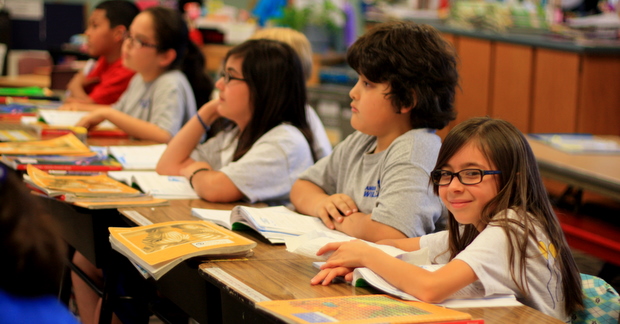During the recession in America, it was clearly proved that the group of people who were hit to the greatest extent was those without a college education. While the entire economy was indeed affected by the spate of things, it was clear that the individuals who had a sufficient educational background were quick to bounce back once the state of affairs improved. On the other hand, those who had no degree, but were simply banking on their years of experience at a job, were unable to land lucrative careers when things got better.
The Extent to which Education Affects Success During a Crisis
Unemployment is directly related to the qualification possessed by an individual. The unemployment rates were significantly higher for those without a high school diploma when compared to those with a bachelor’s degree or even higher education. So, there is a very significant role for secondary and post-secondary education in determining employment and the success of an individual in today’s situation.
Says Joseph Tramontana; one of the main reasons for Americans to be unable to achieve a college education is the financial strain that it imposes on families. In a household of more than two children, college education can be a significant expense that is difficult when borne in entirety by the parents. As a result, many households may not be able to support all the children if they opt to go for post-secondary education.

Financially Independent College Students are growing in Number
The scenario that was discussed clarifies why more and more college students today are older than they were in the previous generation of college-goers. The reason here is that these students have often held a job previously to build up their finances before attempting college. As a result, they do not depend on the family income to meet the college education charges. However, this retaliates in the way of making them older when they are eligible for meeting the expenses of higher education, and can delay their chances at landing lucrative jobs at an earlier stage than if they had completed college soon after secondary school.
Financial Aiding to Improve the Prospects of Students
It is necessary for the government to realize the necessity of students to complete their education. The higher the income earning potential of the student population, the better are the implications of their educational success and nation building. Hence, it is necessary to place due priority on improving the financial aids provided to the student community to help them better their chances of gaining education.
The policies that are adopted to better the chances of educating children and the Grant Programs that are available should be explored and made use of by educational institutions. When this is done at an organizational level, the prospects of students having a better chance at completing their courses within the stipulated time frame are improved. As a result, they also manage to proceed with higher studies in their respective domains without delay, and this can help both personal and professional growth. When time is not a disadvantage, the chances of landing better career prospects or higher education options are also better. This in turn can enable the student generation to be more productive and enhance the potential of the nation’s overall growth in various sectors.
Unless this activity is taken up at a higher level, and education funding given due importance in the budget, it is impossible for school finances to improve. The student community will be further burdened with the tough decision of determining whether they should continue with studies or prefer to go into a job as they cannot afford the fees associated with higher education. This is why one needs to think clearly about school finances, says Joseph Tramontana.
